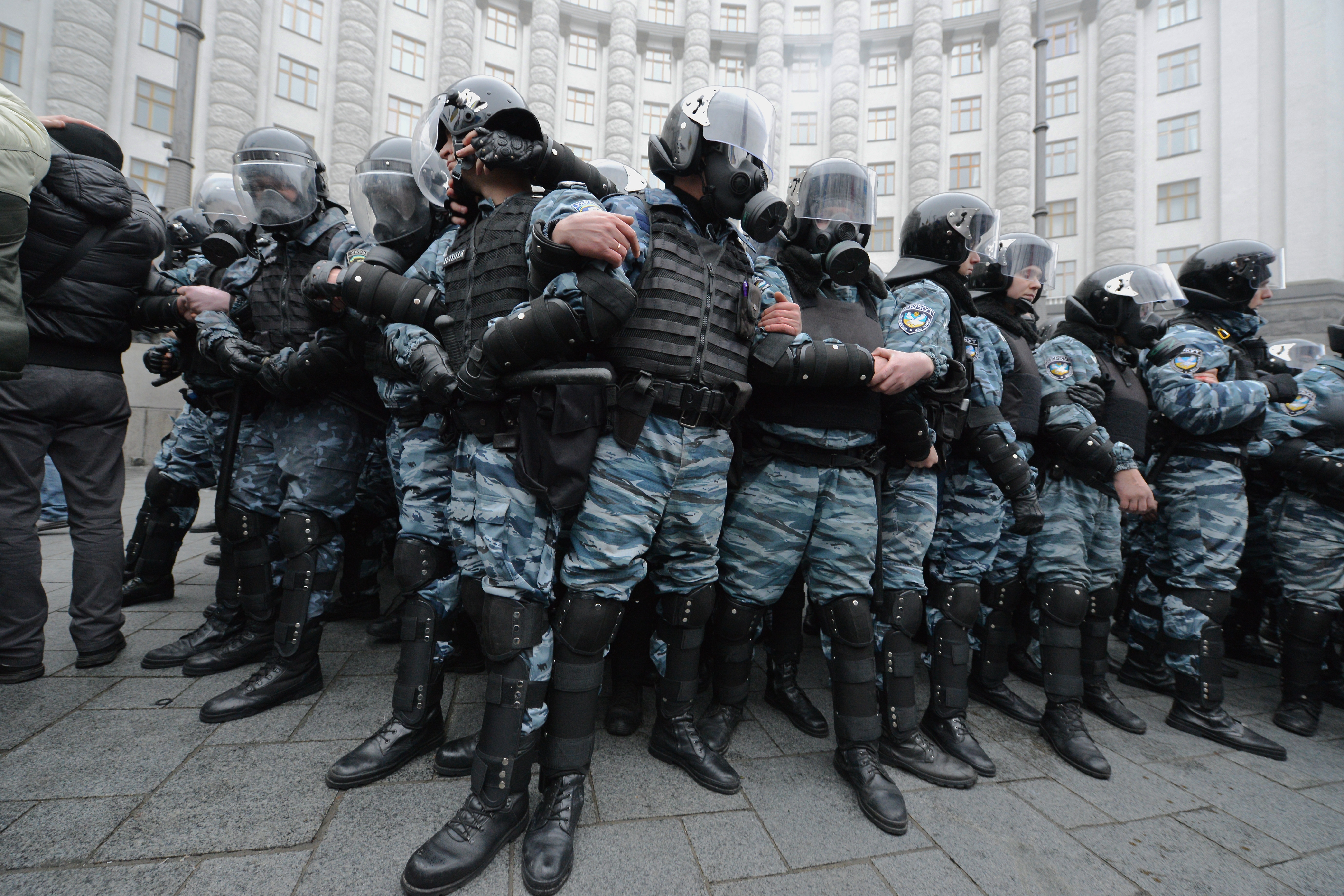TNI is issuing an open call for essays, accessible papers, infographics and artistic collaborations in English or Spanish for its State of Power report to be launched in late March 2021.
Was this forwarded to you? Sign up here.
|
|
|
TNI is issuing an open call for essays, accessible papers, infographics and artistic collaborations in English or Spanish for its State of Power report to be launched in late March 2021.
Dear reader,
The unprecedented movement to #defundthepolice has brought a critical debate about the role of a powerful coercive state agency into the mainstream of political discussion. It has raised the question about how they function and whose interests they serve. This long overdue public debate deserves to be widened to examine other agencies of coercive state power: the military, homeland security, prisons and the intelligence agencies.
TNI’s previous State of Power reports have largely focused on corporate power, responding to the trend of ever more concentrated corporate power and the way it has shaped economic policy and had massive social and cultural impacts. Yet alongside the rise of corporations, the last few decades have also seen a significant strengthening of coercive state forces, especially in the wake of 9/11. Military spending has doubled, world prison numbers have increased 24%, and border agencies have grown exponentially. State security forces not only escaped the post 2008 austerity crunch that afflicted nearly every other state agency, they boomed without restraint. The rise of surveillance and data technologies has provided many of these agencies with capacities to monitor and control populations that were inconceivable in the last century.
|
|
|

Ian Bandura/Flickr (CC 2.0 license)
|
|
|
|
|
|
TNI is issuing an open call for essays, accessible papers, infographics and artistic collaborations in English or Spanish for its State of Power report to be launched in late March 2021. The focus for our tenth annual edition is on the military, police and coercive state power. (Pitch/abstract deadline: 6 October)
TNI’s annual State of Power reports have, since their launch in 2012, become a must-see reference point for citizens, activists and academics concerned with understanding the nature of power in our globalised world in order to inform struggles for justice.
Read more
|
|
|
|
|
|
|
|
|
|
|
Peru, Mexico, Argentina, Bolivia and Guatemala are just some of the Latin American countries being hit by the investment protection regime in the midst of the COVID-19 pandemic. Foreign investors are threatening to bring claims before international arbitration tribunals due to the measures states are taking to mitigate the effects of the pandemic. Arbitrators are refusing to accept states’ requests to postpone ongoing arbitration cases and are obliging governments to disburse millions to investors at a time when public funds are required for more urgent priorities. Once again, the current crisis reveals the perverse consequences of the investor-state dispute settlement system and the urgent need to break free from it.
Read more
|
|
|
|
|
|
|
|
|
|
|
Dubbed the ‘year of protest’, 2019 saw millions of people take to the streets on every continent.
There was plenty to protest. Deepening inequality, rising cost of living, autocratic governments, discrimination, and the concentration of wealth and power into fewer and fewer hands. Many protests were met with brutal repression, but this did not quell the fight for dignity and freedom.
TNI stood alongside and in support of these movements, as we have consistently done for all 46 years of our existence. We have provided research and logistical support and put forward proposals that can bring about social and ecological transformation.
Read more
|
|
|
|
|
|
|
|
|
|
14:30-16:00 CET
Join Statewatch and TNI on 28 September for the first webinar of a three-part series accompanying the publication of the report Deportation Union: Rights, accountability and the EU's push to increased forced removals.
16:00 (CET Brussels) - 09:00 (Mexico City)
During the Virtual Conference the main results of the “International Observation Caravan” (#ToxiTourMexico) will be presented, with the aim of providing elements for reflection on the new agreement between the European Union and Mexico.
16:00-17:30 CET
What options and mechanisms do we have in the current circumstances to avoid austerity and invest in a just transition? How can we ensure that the Global South benefits? How can we change the narrative to stop an unfolding crisis become a deepening emergency? Tune in for TNI's new monthly webinar series: Ideas into movement.
17:30-19:00 CET
Part Three of the webinar series - 'A World with Drugs: Legal Regulation through a Development Lens'.
This webinar explores how legal regulation can prevent the perpetuation of neoliberal colonialist policy and exploitation of the Global South, particularly for small actors who have long been marginalised.
|
|
|
|
|
|
|
|
In this wide ranging interview, Walden Bello outlines the key ideas behind his book, Counterrevolution: The Global Rise of the Far Right.
In an increasing number of countries, the extreme right has already captured the government or is on the threshold of power. While this swift turn of events has shocked or surprised many in the North, the extreme right’s seizure of power is not an uncommon event in the South. In Counterrevolution, Walden Bello deconstructs the challenge from the far right by deploying what he calls the dialectic of revolution and counterrevolution and harnesses the methods of comparative history and comparative sociology.
Subscribe to State of Power on Spotify, TuneIn or AudioBoom
|
|
|
|
|
|
|
|
|
|
|
| | | |